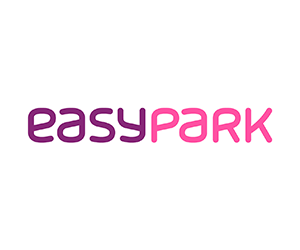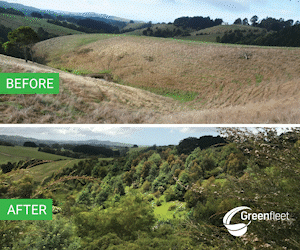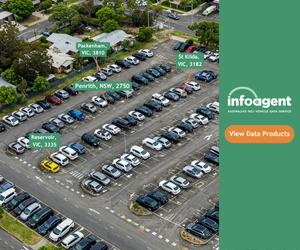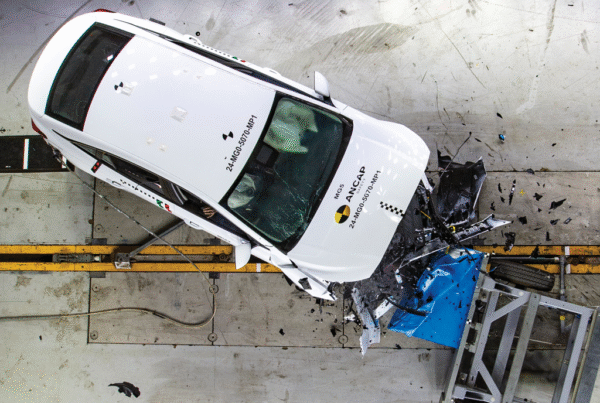Workplace drug management and testing have become standard practices across safety-sensitive industries in Australia and New Zealand. Sectors such as mining, oil and gas, heavy manufacturing, and logistics widely implement drug testing to mitigate safety risks. Moreover, industries like aviation, rail, and government contracts are legally required to enforce drug and alcohol testing.
Testing procedures typically include breath tests for alcohol, alongside urine and oral fluid (saliva) tests for drug detection. While not mandatory, most organisations adhere to the Australian and New Zealand Standards for drug testing.
AS/NZS 4308:2023 outlines procedures for specimen collection and drug detection in urine. Meanwhile AS/NZS 4760:2019 covers the procedures for oral fluid testing.
Workplace Drug Use in Australia
The risk of workplace accidents significantly increases with drug and alcohol consumption. Various factors, including experience, fatigue, and inattention, affect the severity of impairment.
Research suggests that the combination of drugs and alcohol can elevate accident risk by up to 80 times.
Data from the SafeWork Laboratories Drug Testing Index from 2017 to 2019 analysed 432,782 workplace drug tests across multiple industries.
Of these tests, 45 per cent were urine-based, and 55 per cent used oral fluid sampling. The study found an overall positive drug test rate of 1.1 per cent for saliva testing.
Amphetamines were the most detected substance at 0.6 per cent, followed by opiates at 0.3 per cent and cannabis at 0.2 per cent.
Medicinal Cannabis: A Complex Issue for Employers
Between 2022 and 2023, approximately 3 per cent of Australians, or around 700,000 people, reported using medicinal cannabis. However, cannabis use, whether prescribed or recreational, poses a significant challenge for fleet and workplace safety.
Studies indicate that cannabis use impairs lane-keeping ability, reaction times, cognitive function, and divided attention which are key faculties required for safe driving.
Any product containing delta-9 tetrahydrocannabinol (THC) is detectable via roadside oral fluid tests. Most Australian states and territories do not offer a medical defence for drivers testing positive for THC, except for limited provisions in Tasmania and Victoria.
Police can prohibit a driver from operating a vehicle for a period following a positive test, leading to potential operational disruptions.
Developing a Clear Workplace Drug Policy
Employers must develop policies that balance workplace safety, regulatory compliance, and operational efficiency.
Any drug detected via AS/NZS 4308 (urine) or AS/NZS 4760 (oral fluid) without a valid prescription should be classified as a positive test and a breach of company policy. Testing providers should confirm in writing that a prescription is consistent with test results.
Employees should be advised on medication timing to avoid impairment at work. Occupational physicians can recommend alternative medications or safe usage guidelines. Companies must determine whether legal responsibility for roadside detection falls on the employer or the individual.
Policies should address the financial and operational implications when a driver is suspended from operating a vehicle.
Insurance providers, particularly self-insurers, consider drug and alcohol policies when assessing risk premiums. Adverse events related to impaired drivers can impact liability and costs.
Final Words
Workplace drug management and testing are essential for maintaining safety and compliance in fleet operations. As use of medicinal cannabis increases, fleet managers must implement clear policies that protect employees while ensuring regulatory compliance and minimising operational risks.
By being proactive in addressing these concerns, organisations can create safer workplaces and reduce liability associated with drug-impaired driving
AfMA’s Professional Development Forums (PDF) cover topics like this to help fleet managers stay updated on the latest best practices in the industry.
Each Chapter Committee from Victoria, New South Wales, Queensland, South Australia, Western Australia, Tasmania, and New Zealand select topics of high interest to your local concerns with special expert guests presenting intricate and highly-valuable educational information and tools you won’t find in a Google search.
Learn more about our upcoming PDFs here.
Did you find this article interesting? Click the ‘heart’ button above to give it a ‘like’!



















